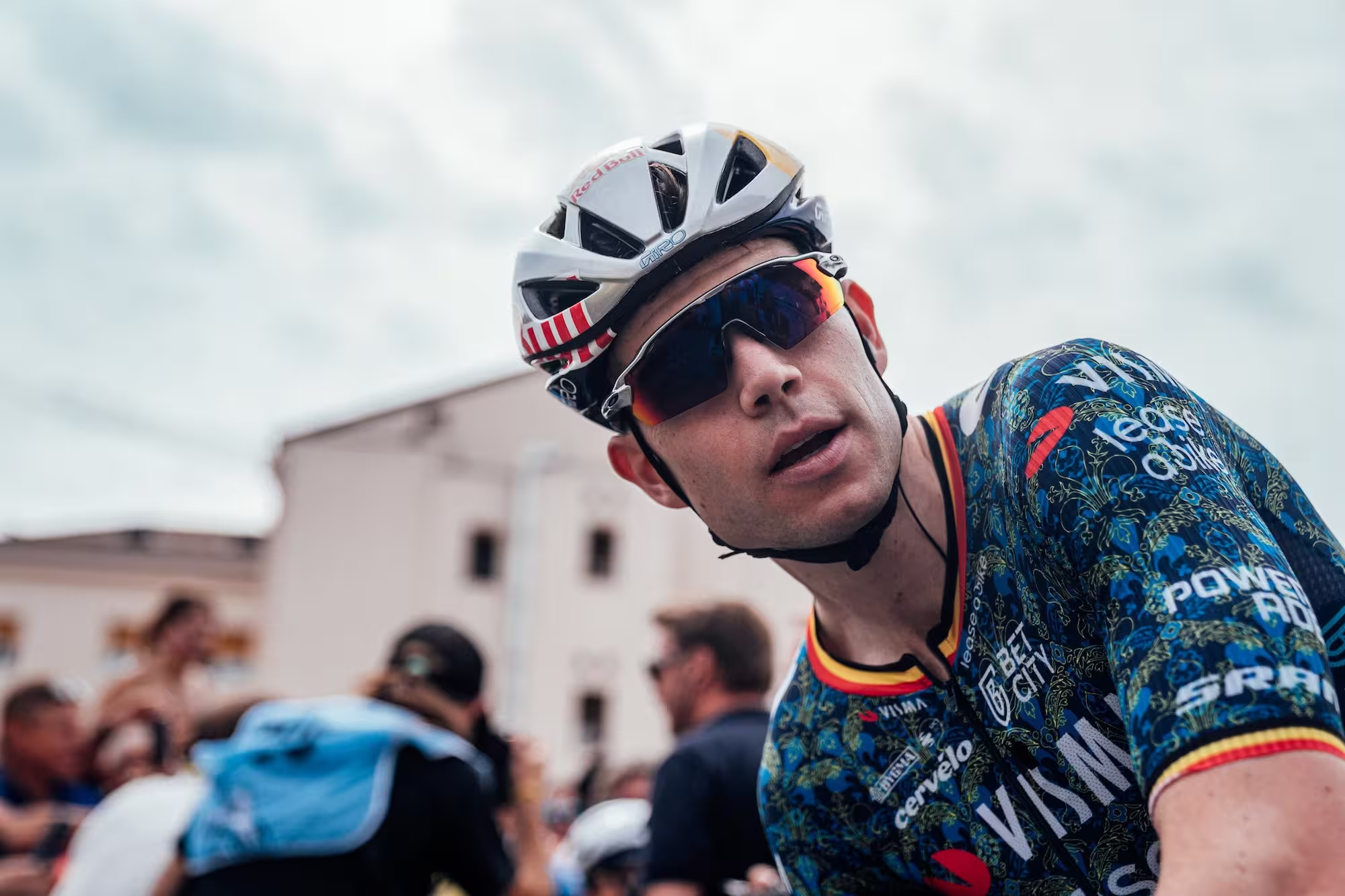Who fancies a long-term contract? Finance, future and feel-good vibes guaranteed for many more laps around the sun? First, there was Chris Froome and Michael Woods on their contract-until-retirement deals at Israel-PremierTech. Then there was Mathieu van der Poel and his 10-year marriage with Canyon, and latterly Wout van Aert joined the exclusive club by signing an “eternity” contract with Visma-Lease a Bike. And for what it’s worth, UAE Team Emirates have handed out six-year deals to four different riders in the past few seasons.
It’s easy to forget with all these various printers spitting out long-term agreements that until a few years ago a good contract in cycling was considered to be two or three years in length. But then, as we all know, everything changed in 2019 with the arrival of Tadej Pogačar and Remco Evenepoel, upending the rulebook and conventions of pretty much everything in cycling. And contracts were not immune from the changes.
“There’s one very clear reason why we see longer contracts: the new stars of cycling have incredible results when they are super young, and so it’s normal that teams want to sign them for five, six or seven years,” says Alex Carera, arguably the sport’s premier super-agent and the man who is currently rumoured to renegotiating Pogačar’s contract with UAE that is thought to include a buyout clause of €100m. There is a second reason, too: “In the past, there was a greater risk of doping, but now sponsors are more comfortable and feel safer investing in cycling with these stars, allowing teams to invest more money over a longer period,” says Carera.
But is the trend of keeping riders in the same team for half a decade or more a good or bad development? What happens, like in the case of Cian Uijtdebroeks last winter, when a rider wants to jump ship early? And is a long-term deal really worth the paper it’s printed on?
Conditions and clauses
Agent Gary McQuaid has been wheeling and dealing inside the professional peloton for most of the past two decades, and the consequence of the “increasingly popular” long-term contracts is that each year he has fewer deals to sign. “Before I would have nine or 10 a season, but now I’m doing four a year,” he says. And rather than most deals happening at the Tour de France as per previous tradition, they’re often tied up before the Giro d’Italia. “Teams want to lock down contracts early and hang onto their…

